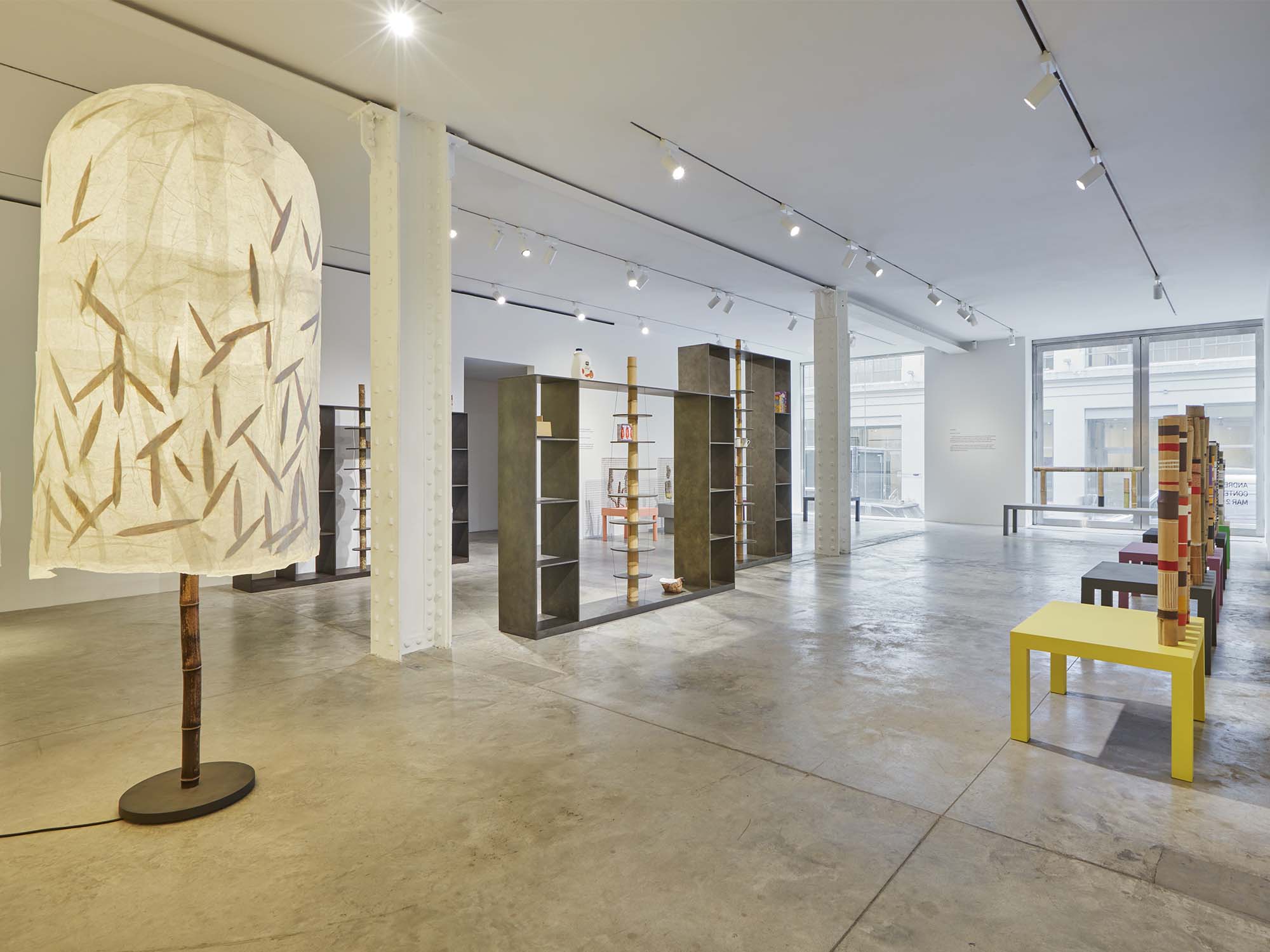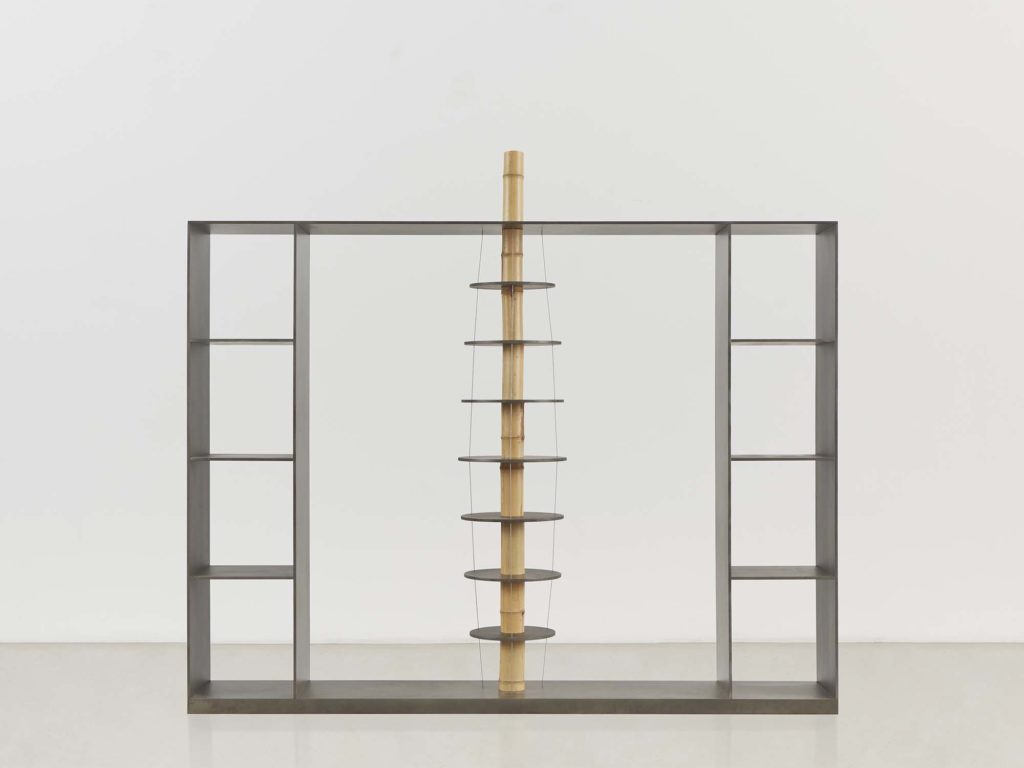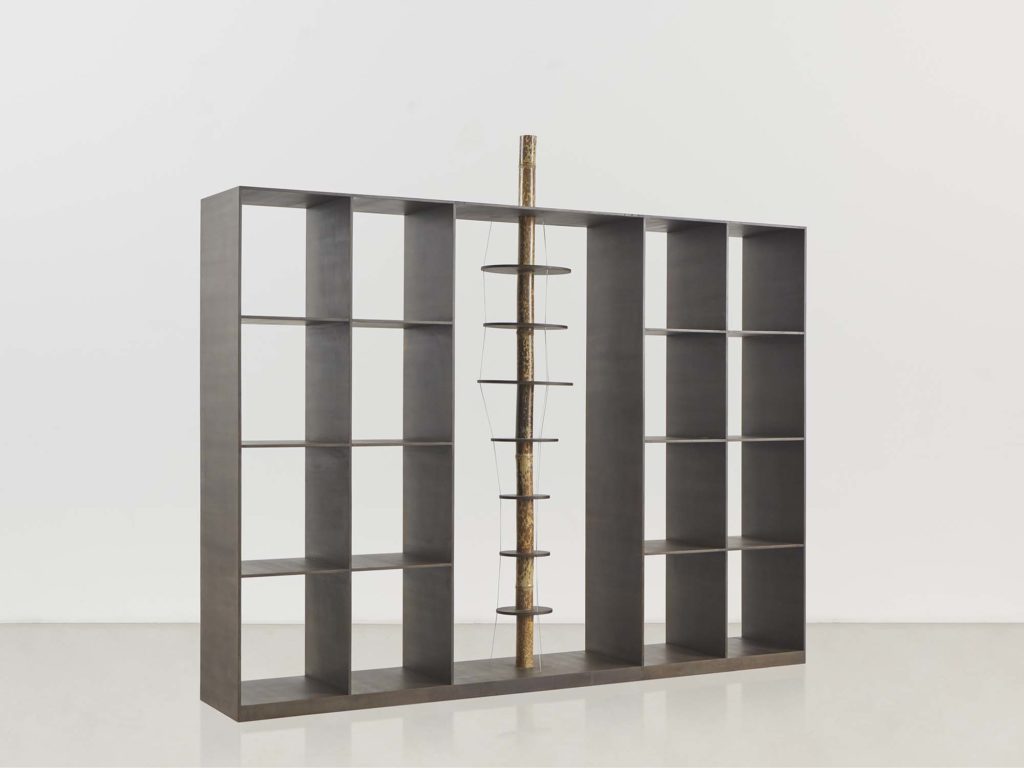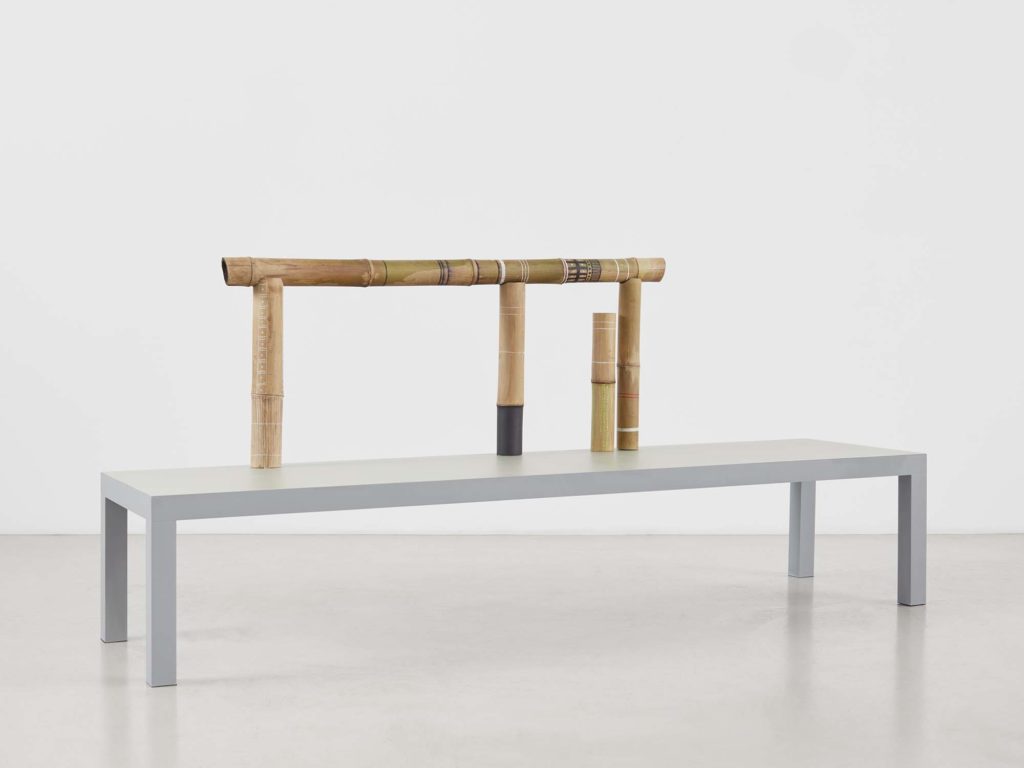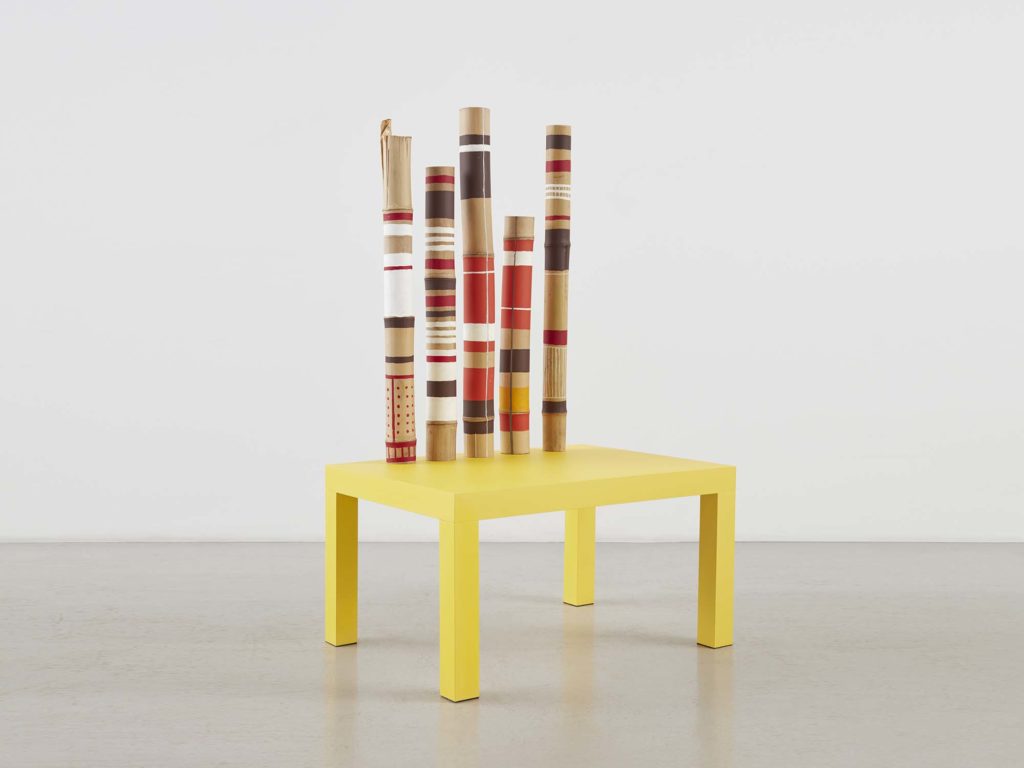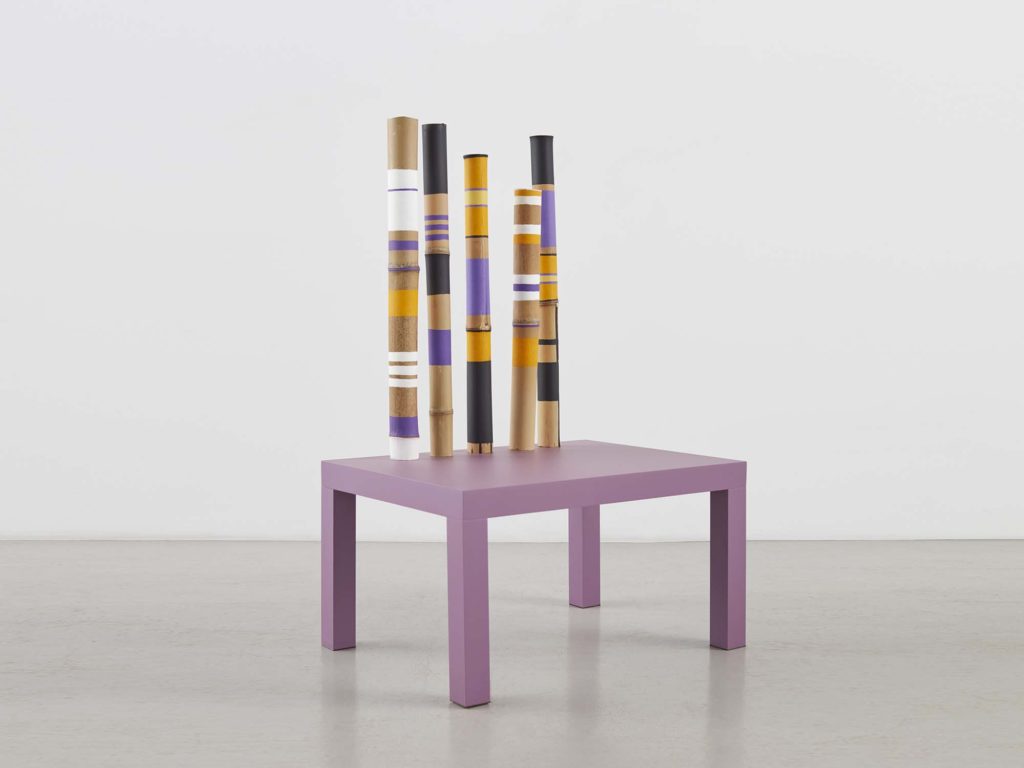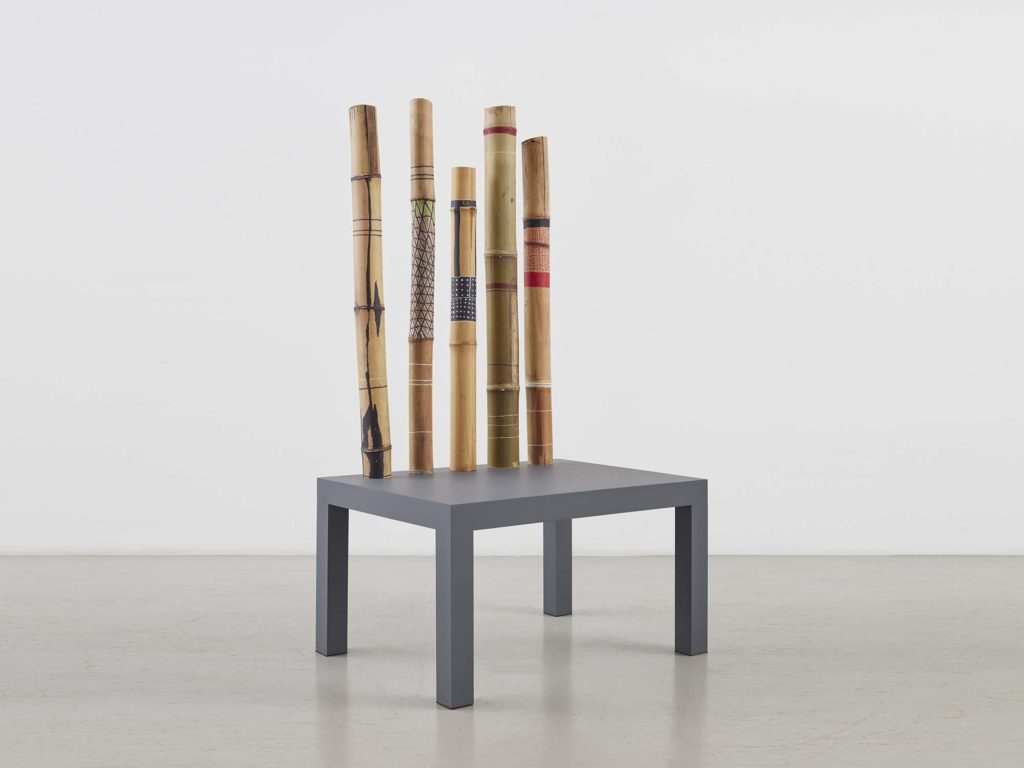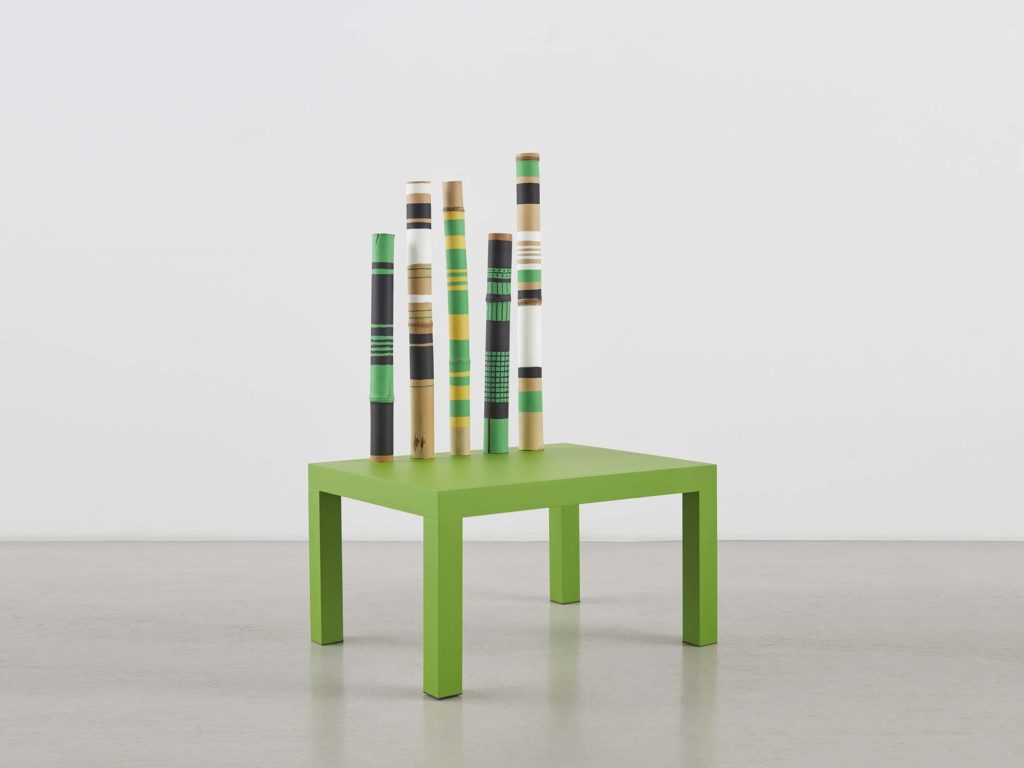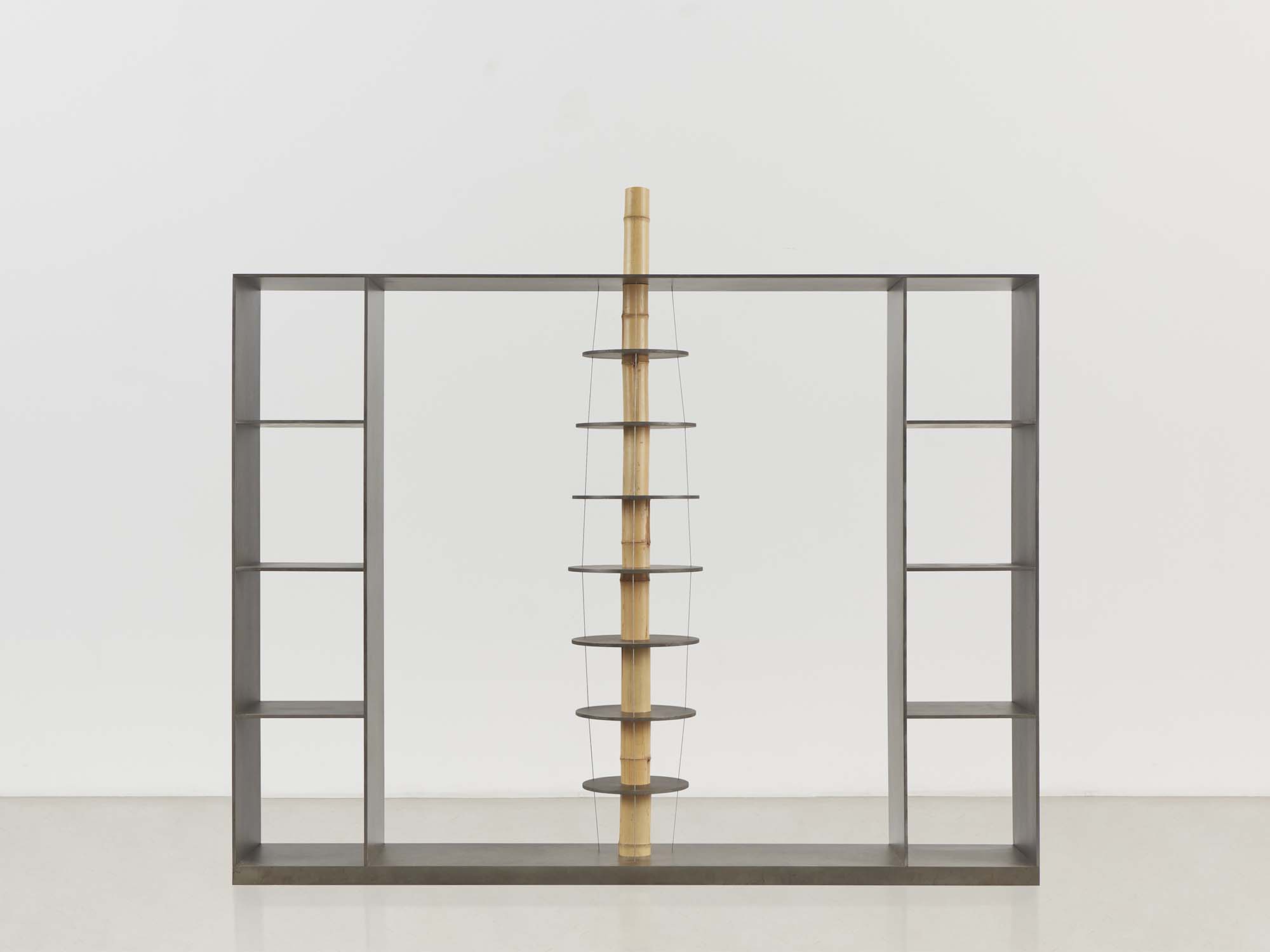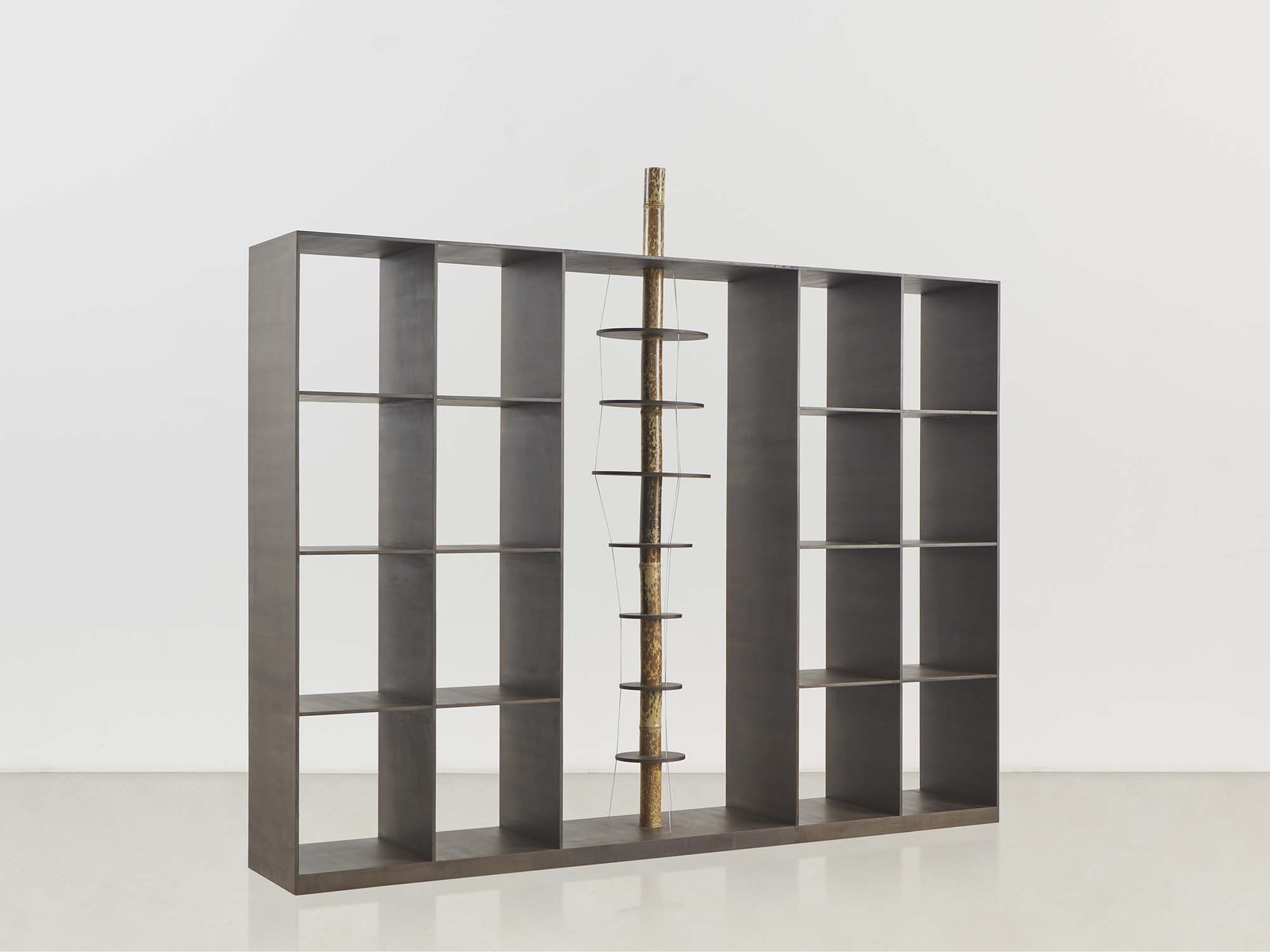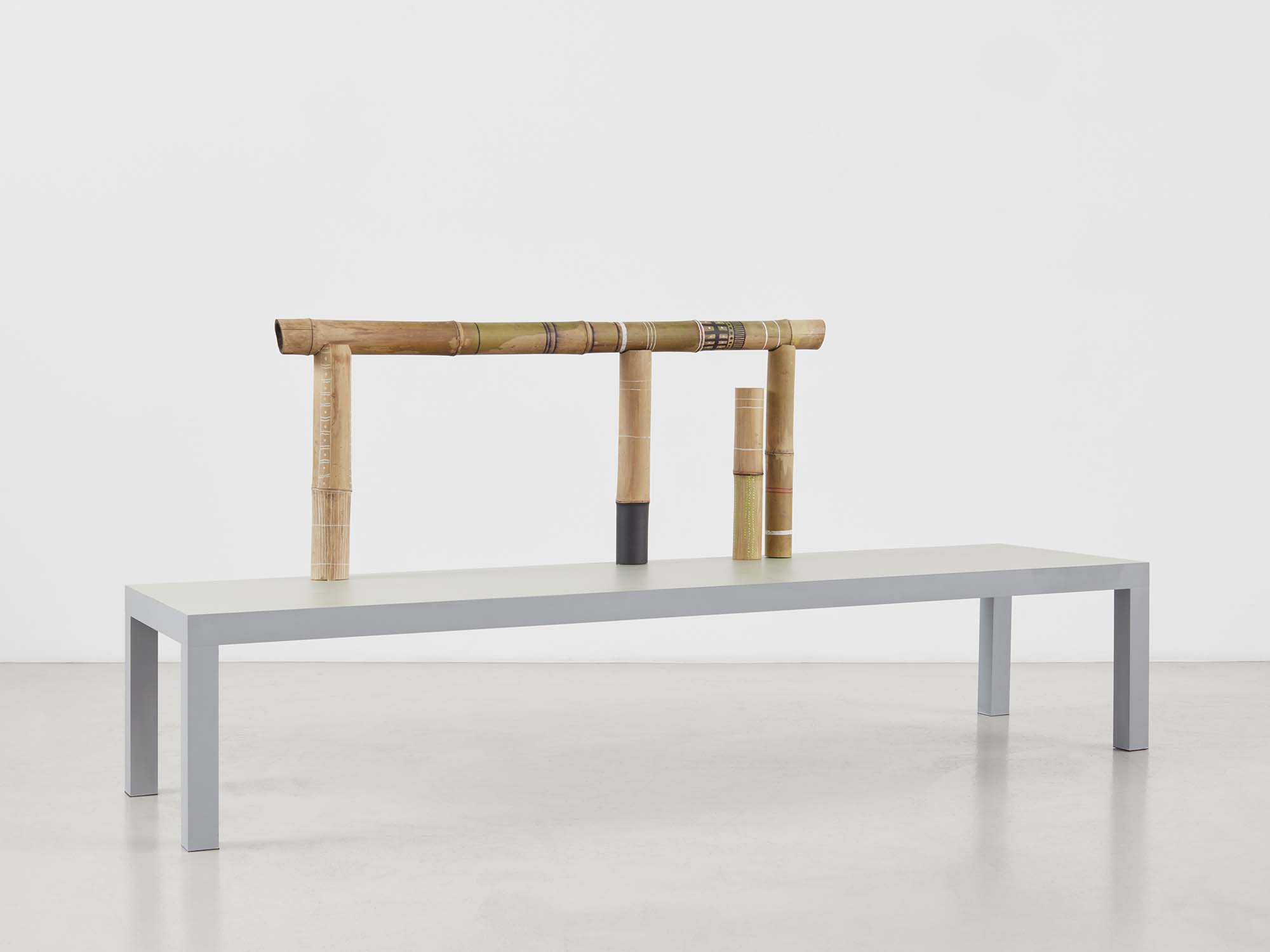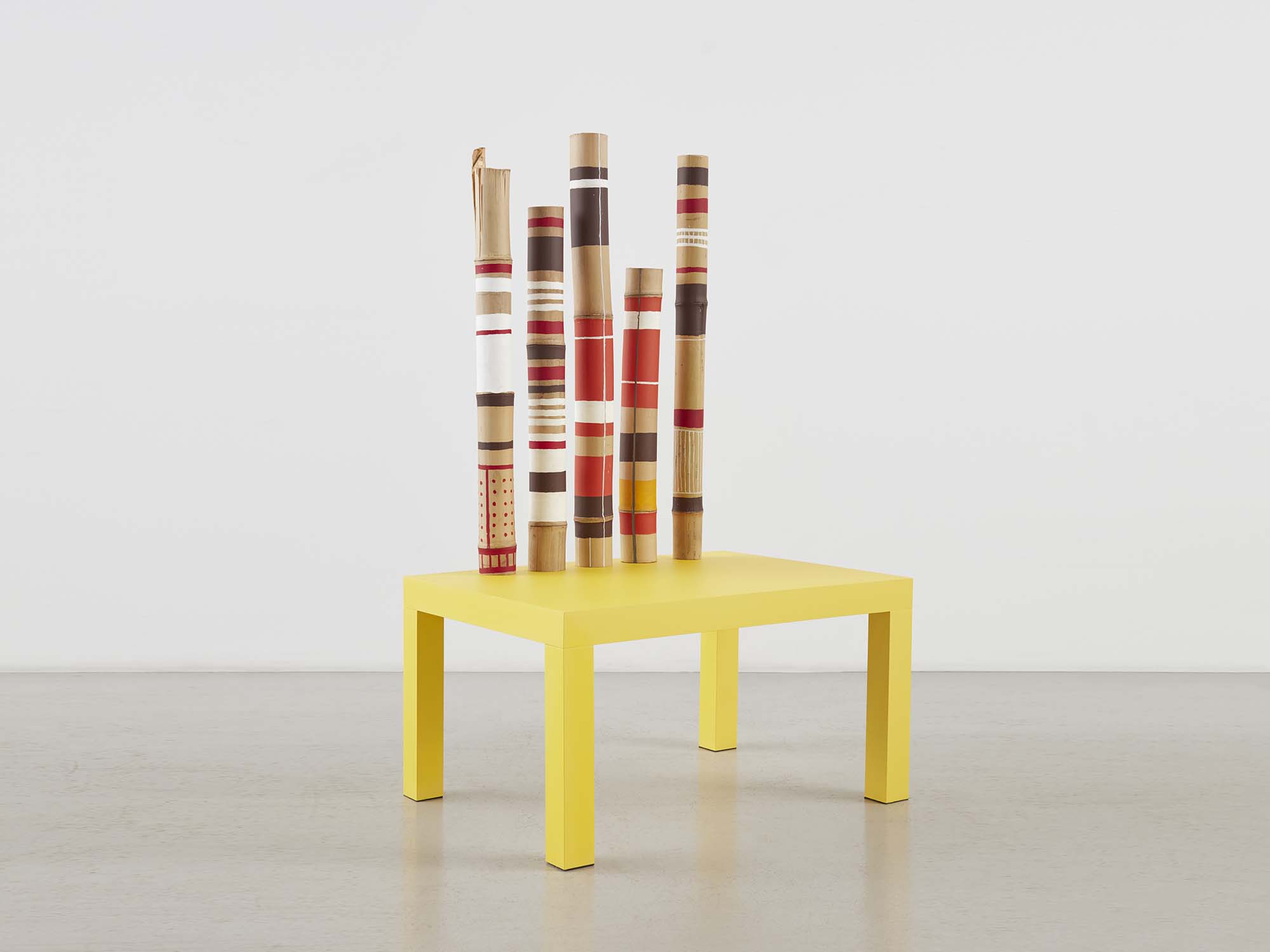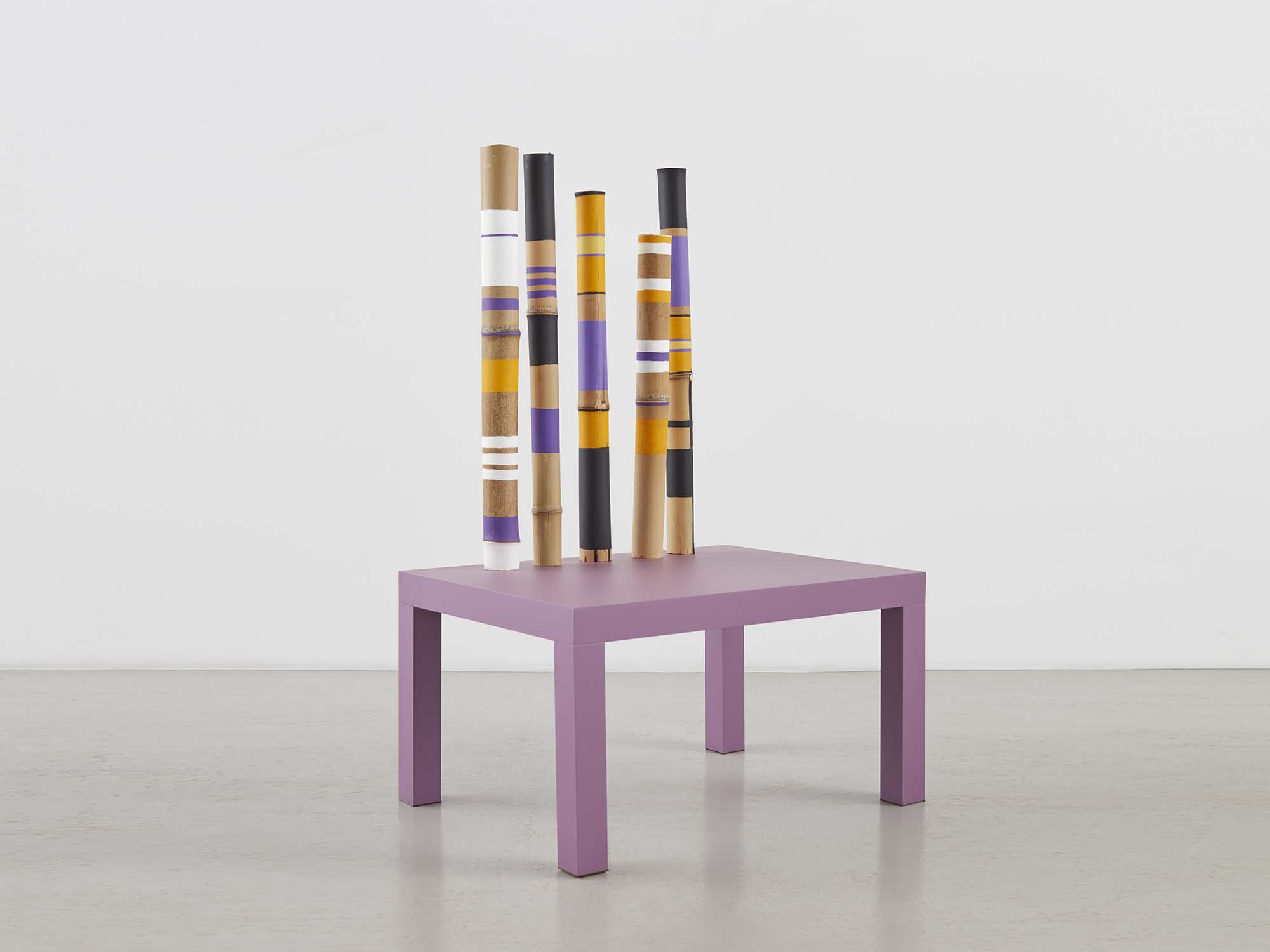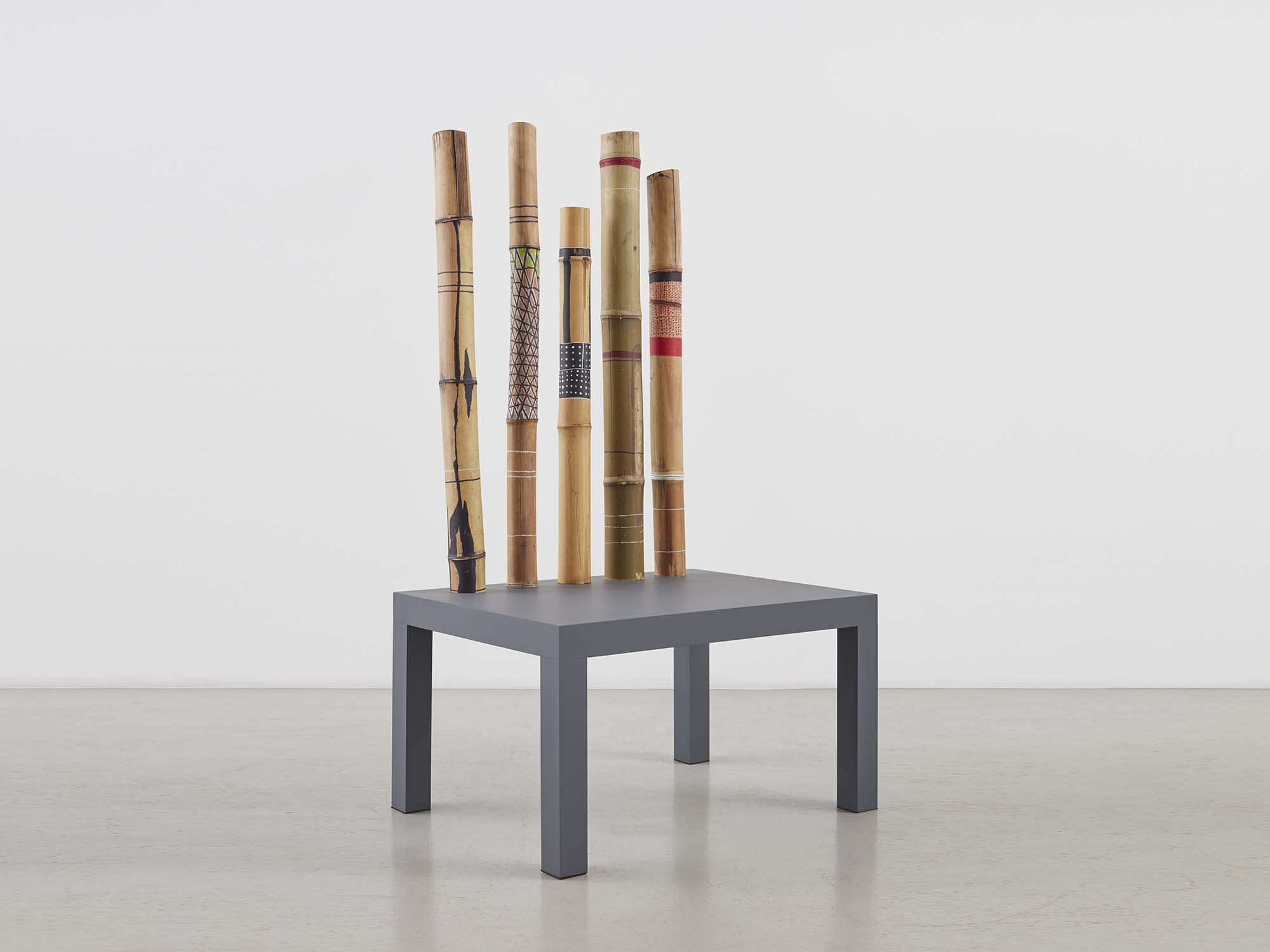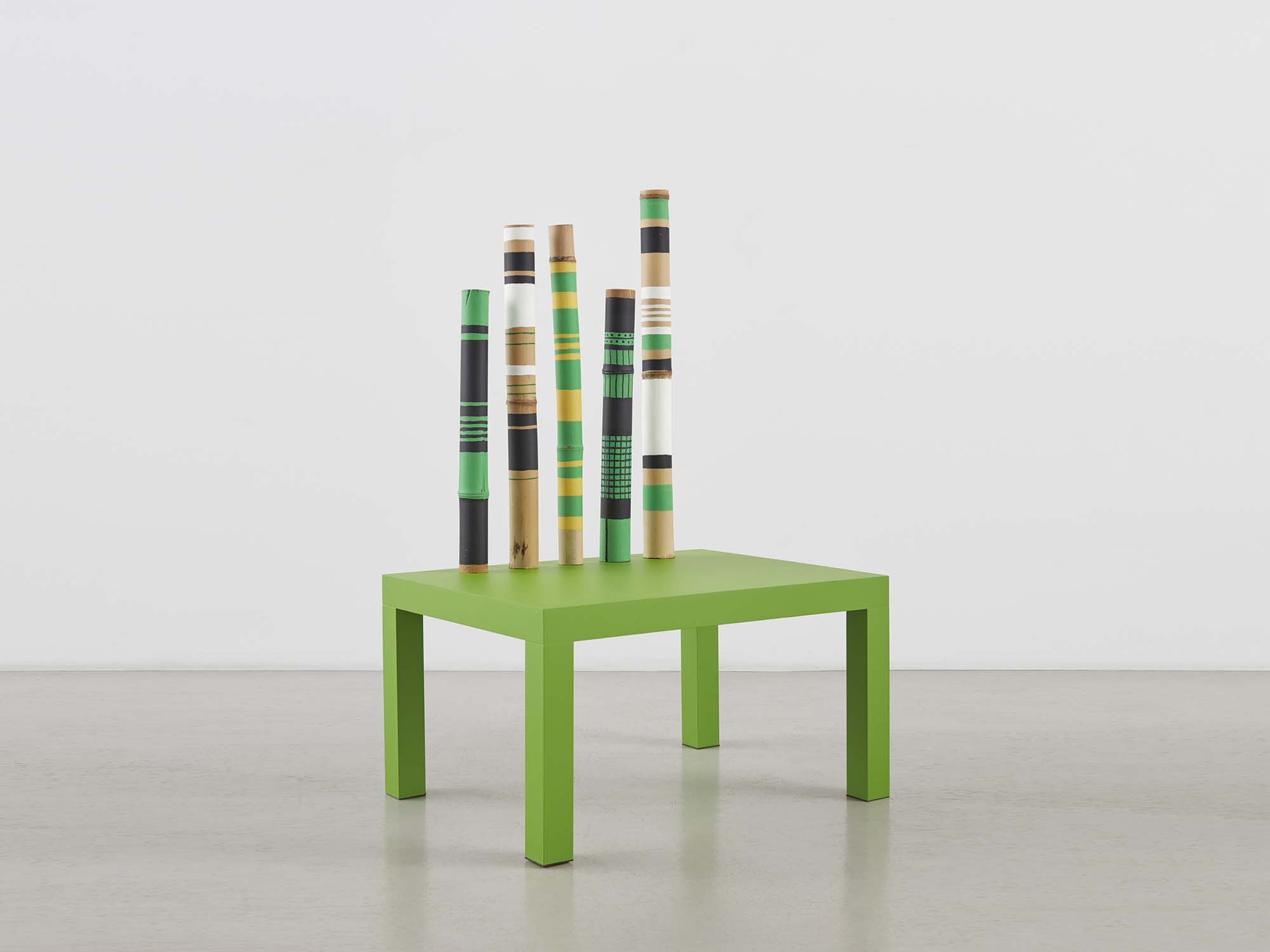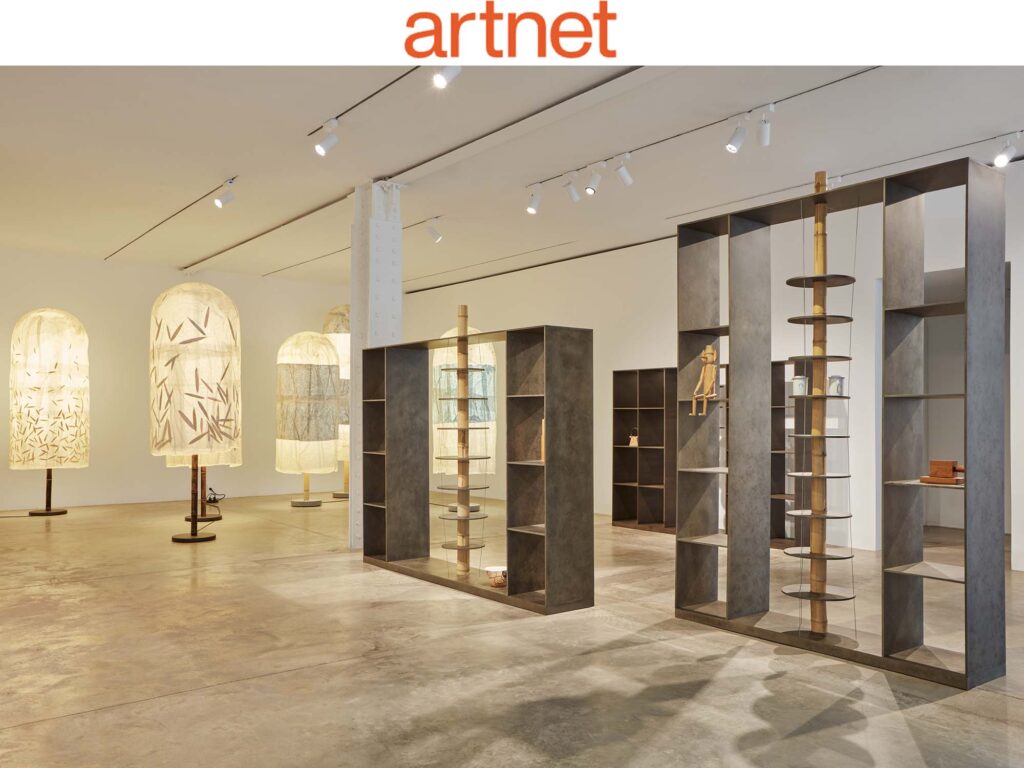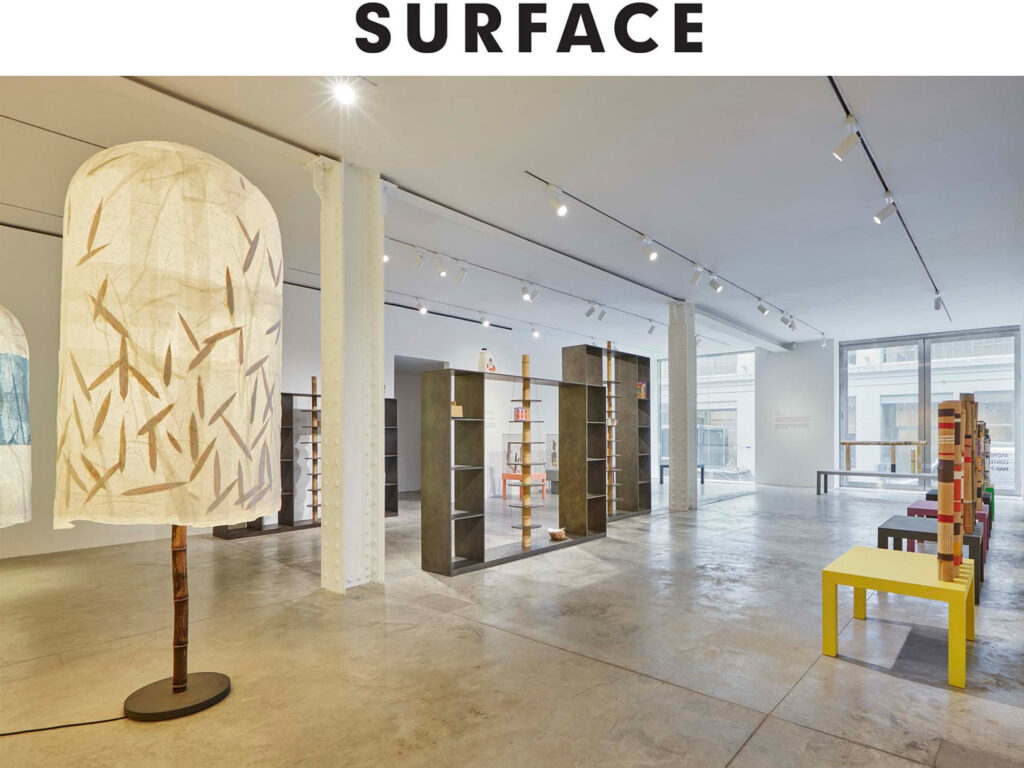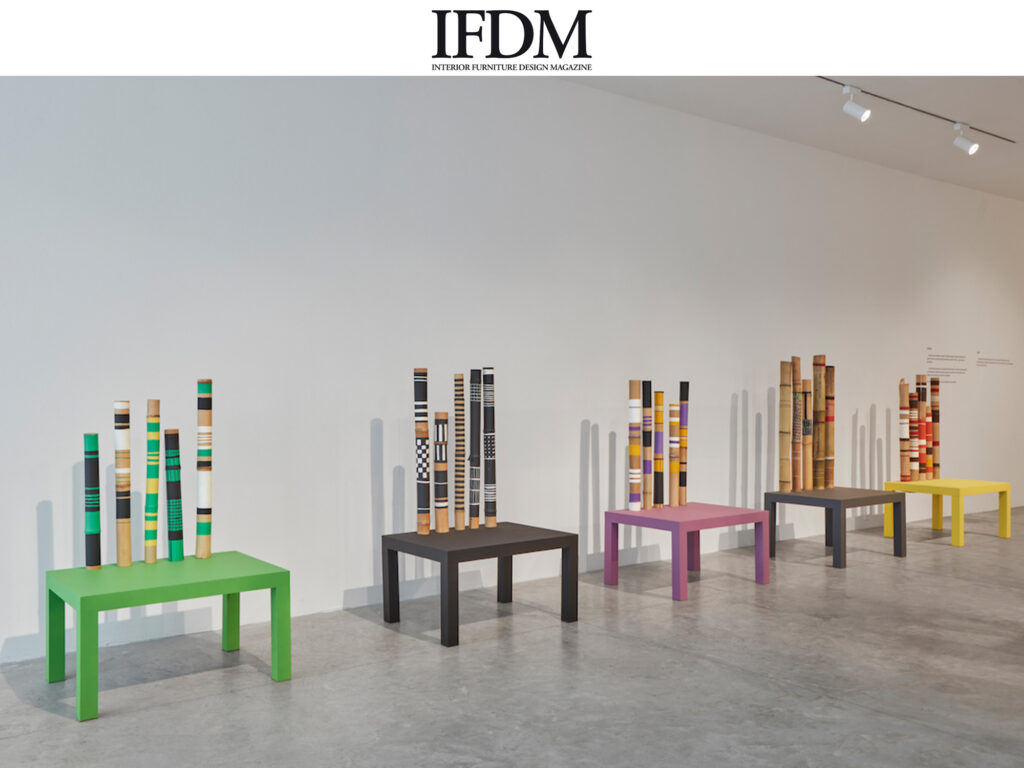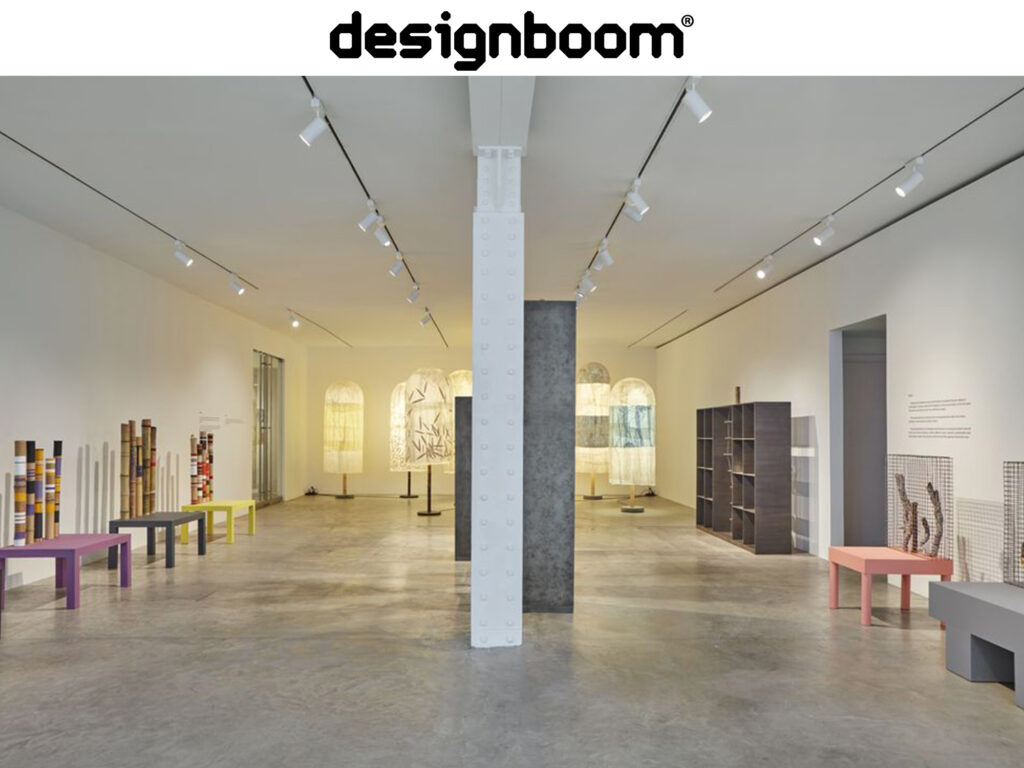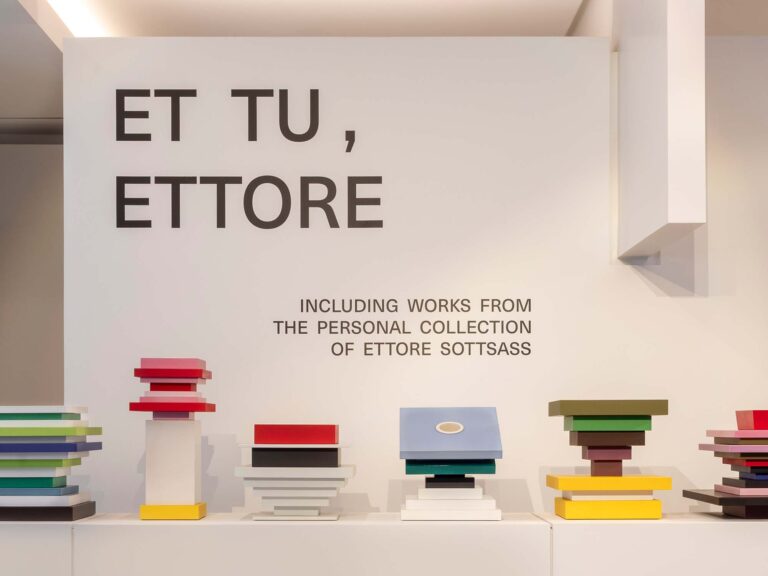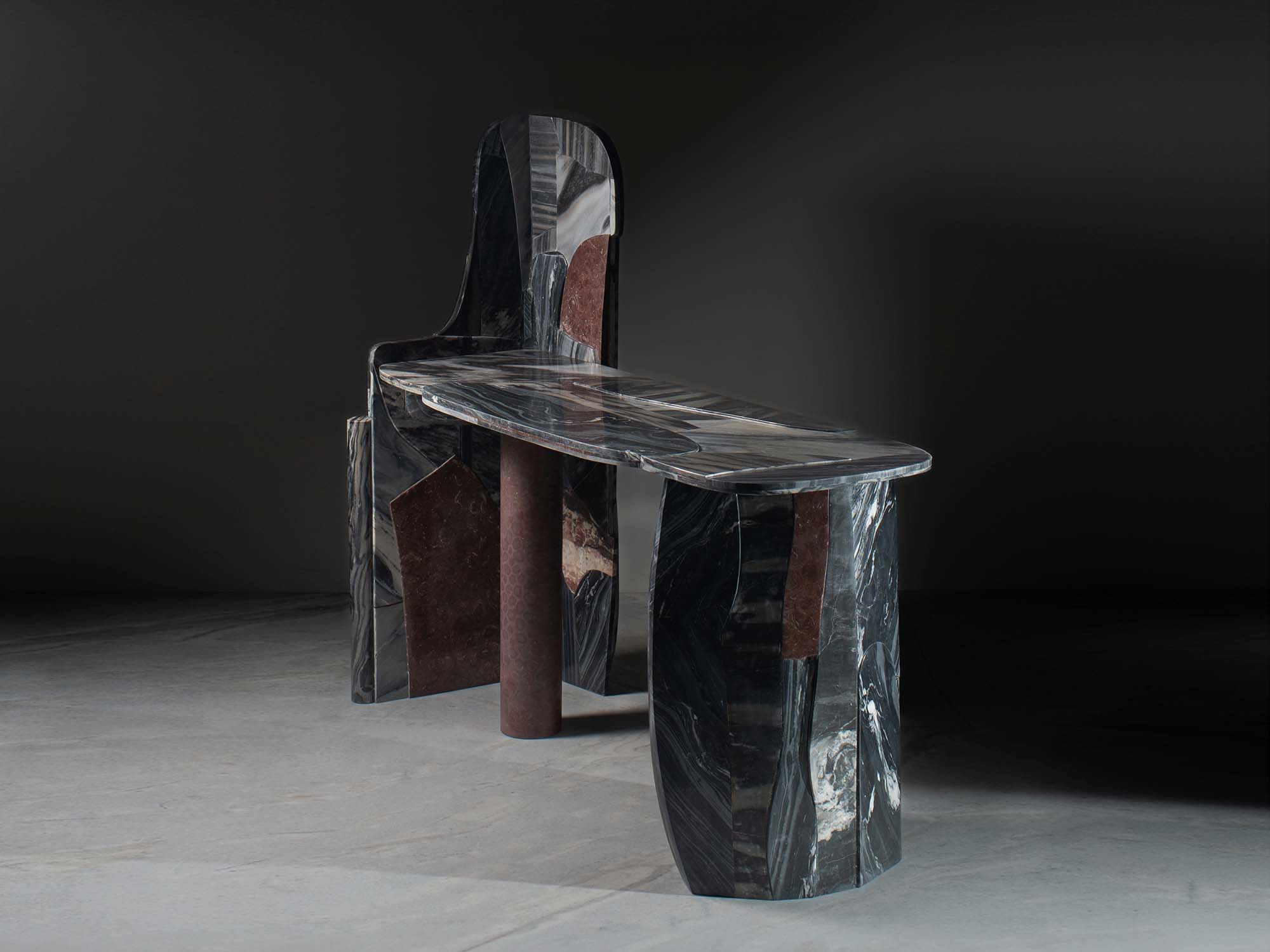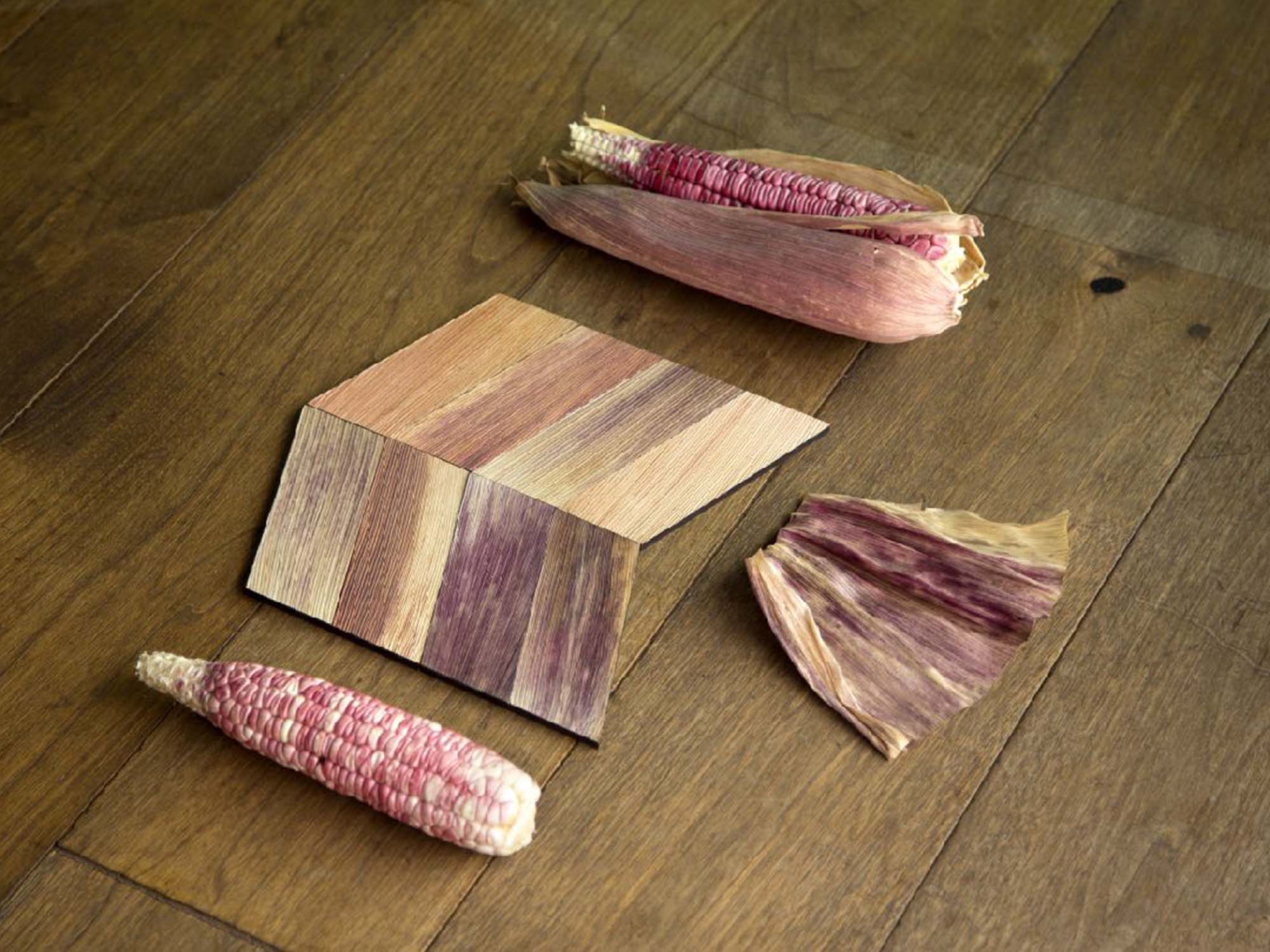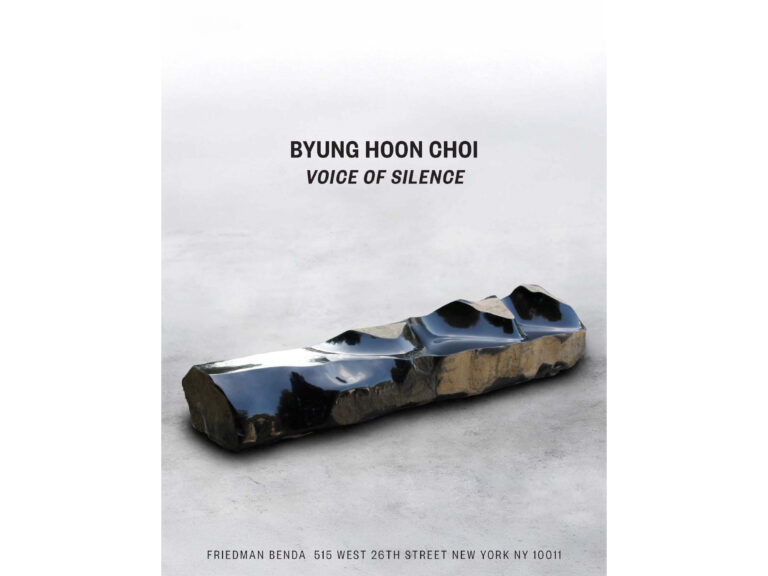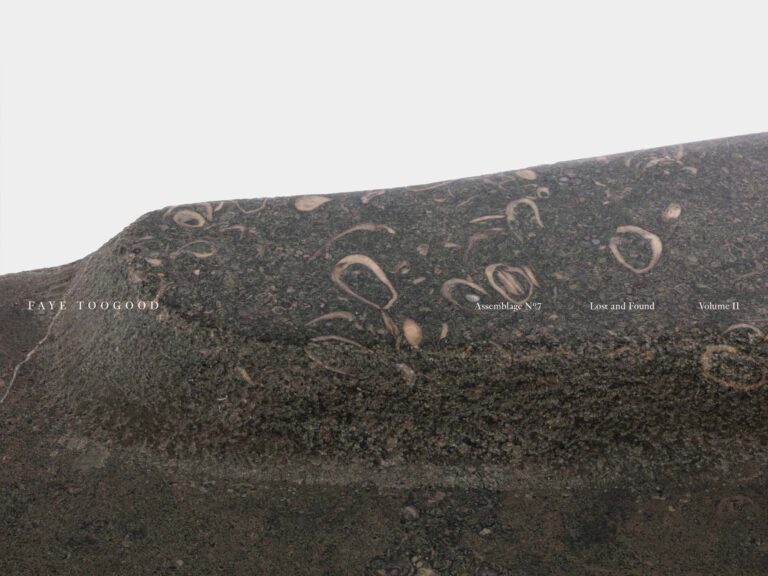Friedman Benda is pleased to present Contemporary DNA, seminal Italian designer and architect Andrea Branzi’s third solo exhibition with the gallery. An exemplary social thinker and educator, Branzi has been a fundamental voice in post-war and contemporary architecture and design, in Italy and abroad, since the mid 1960s. A culmination of his intuitive processes of turning research into physical form, this comprehensive and far-reaching exhibition unveils three new bodies of work: Roots, Germinal Seats, and Buildings. Presciently taking stock of our time, these works are composed of exceptions and variations throughout Andrea Branzi’s artistic evolution.
Throughout his influential career, Branzi maintained a fascination with human and object interactions, exploring them through radical and poetic interpretations of the domestic space. Understanding objects as living presences in the human habitat allowed Branzi to establish complex psychological, symbolic, and poetic relationships with them. He believed that objects were never just simple tools, but fragments of an anthropological universe, “a universe at the same time material and immaterial, functional and superfluous, about which we still know very little.”
In the mid-eighties, two decades after co-founding the radical architecture and design studio Archizoom, Branzi turned away from the prevailing, highly-stylized aesthetic of postmodern design. Culminating in his seminal Animali Domestici (1985-1986) series, this exploration combined rectilinear and industrial sensibilities with natural elements such as logs, sticks, and wood offcuts.
The tensions between commodified and natural, gestural and methodical, artisanal and industrial, landscape and architecture, are most recently explored in Roots and Germinal Seats. Consisting of sticks and driftwood, Roots points to what has been abandoned and is now preserved as a relic of a distant time. Noble memories that we protect in cages; the roots of our aesthetic values. The bamboo in Germinal Seats is colorful yet precise. It guides us towards a rich and orderly world; an infinite architecture that belongs to thought.
The objects Branzi is interested in are not simply defined by their rational functions, but by the ways in which they reconstitute space; a space that is both physical and immaterial, present and mnemonic. The cabinets in the Buildings series are vessels to be filled with personal objects from daily life: plates, books, bottles, pots. With these works, Branzi makes evident that the true urban experience is not composed of architecture, but of the presence of micro-environments in human memory.
The exhibition also features a continuation of Branzi’s signature paper lamps — some now accented with bamboo and maple leaves.
A celebration of Andrea Branzi’s groundbreaking, continuously challenging, and joyful work, this survey reminds us, in Branzi’s words, that the sacredness of objects “is linked to the sacredness of man: they continue to live beyond the scope and time of their daily use. They have no knowledge of the night because in the night they survive, unmoving, unchanging, alive even after their own death.”
The exhibition is accompanied by a catalouge with an introduction essay contributed by Glenn Adamson.
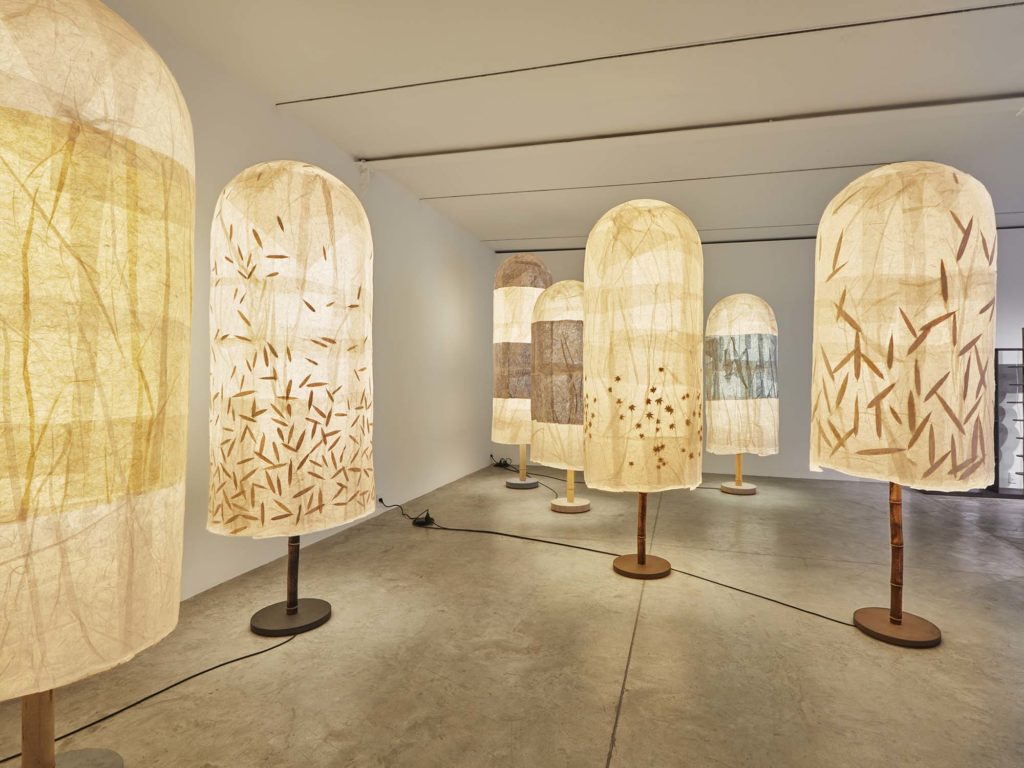
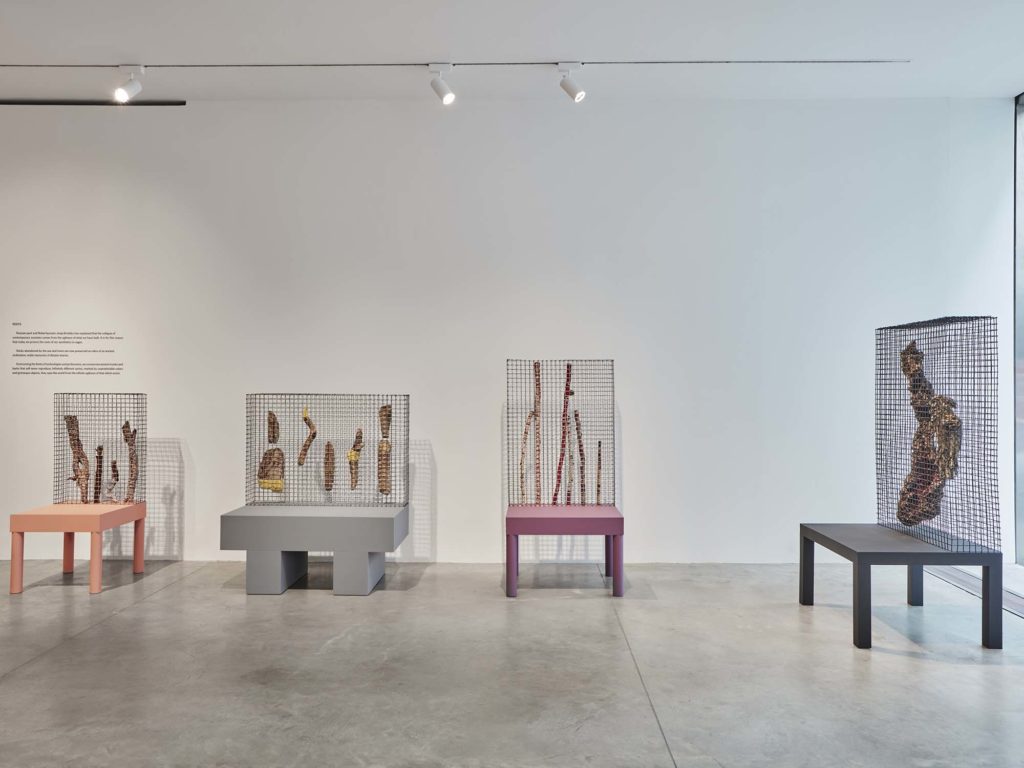
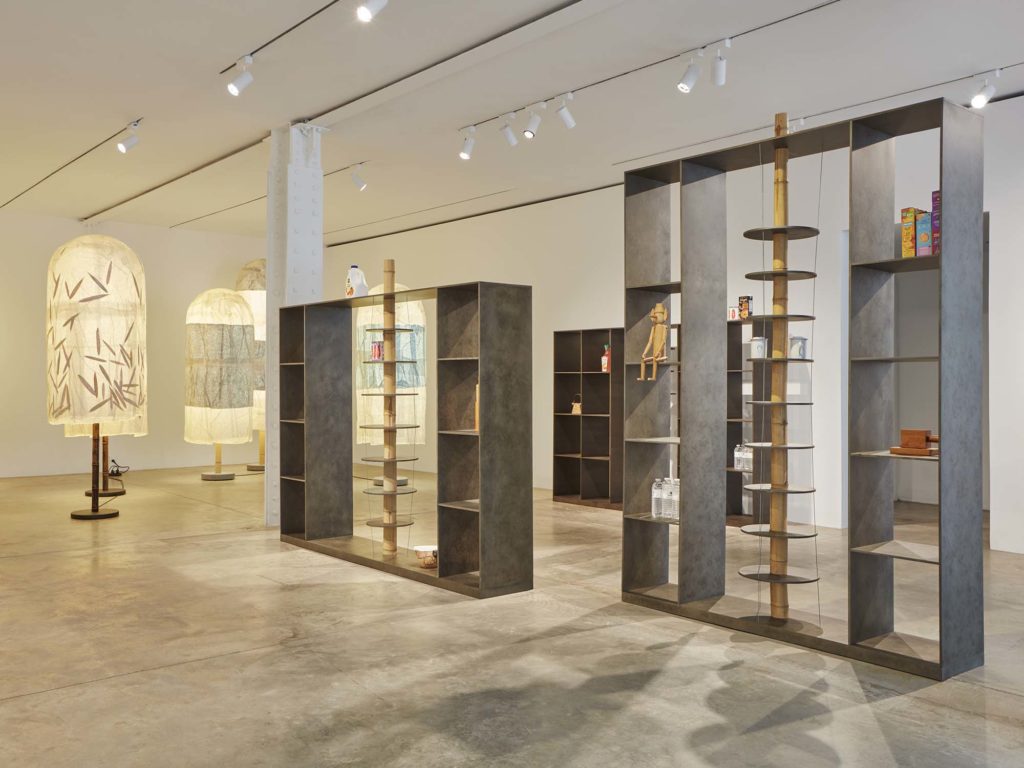
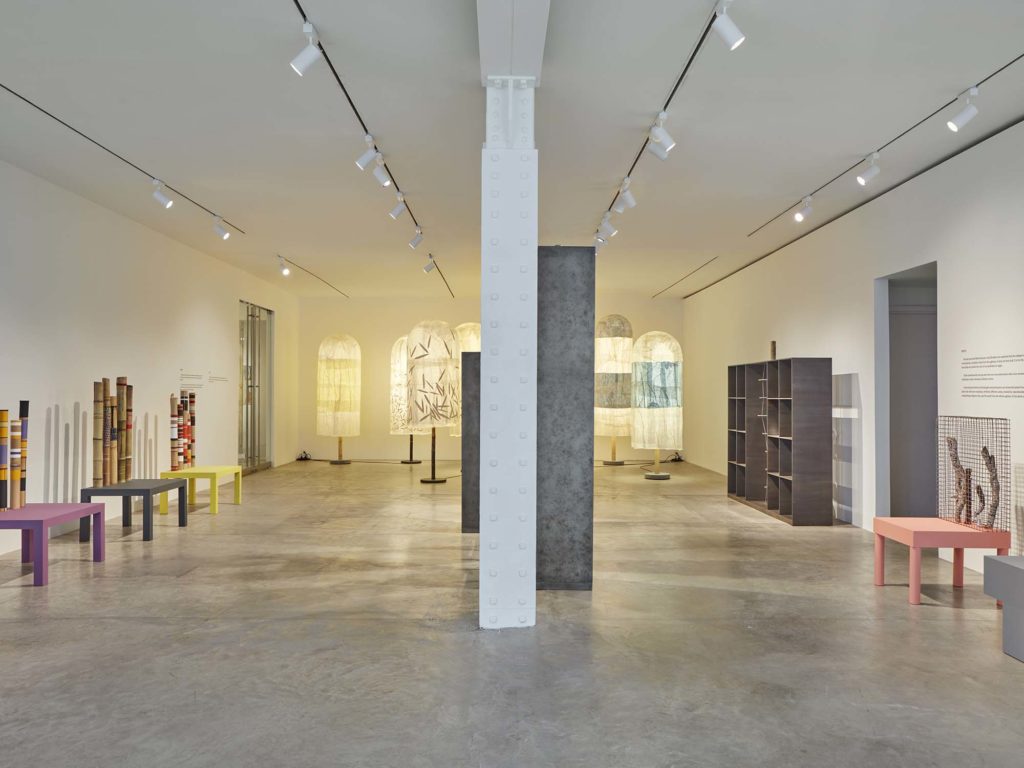
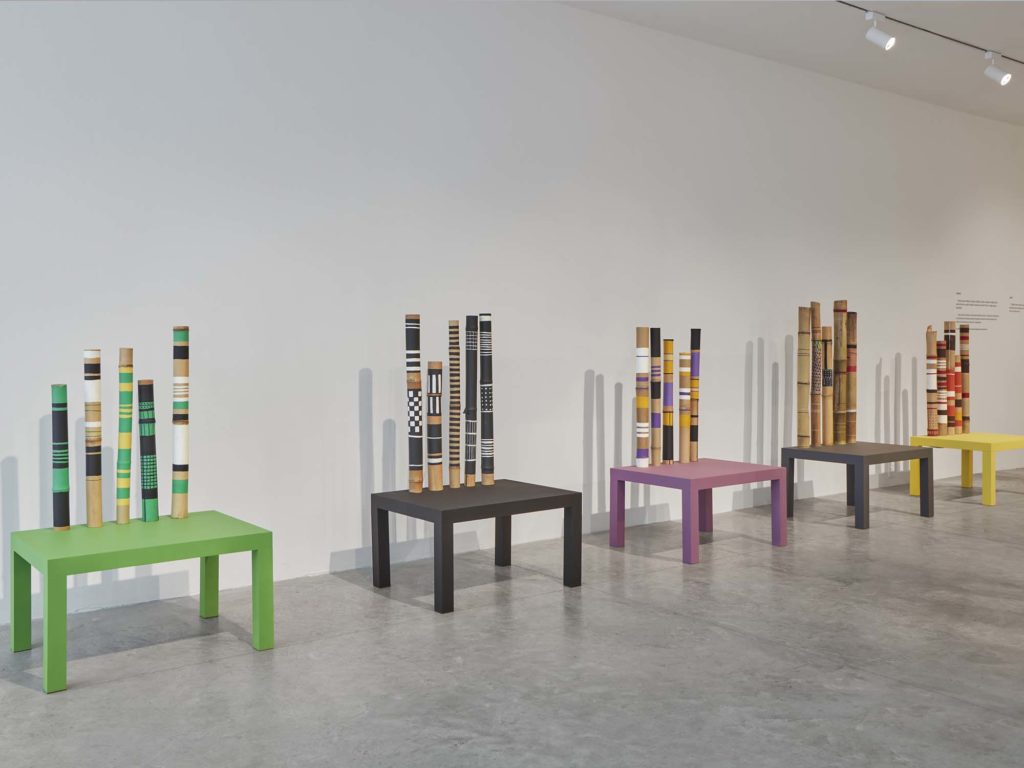
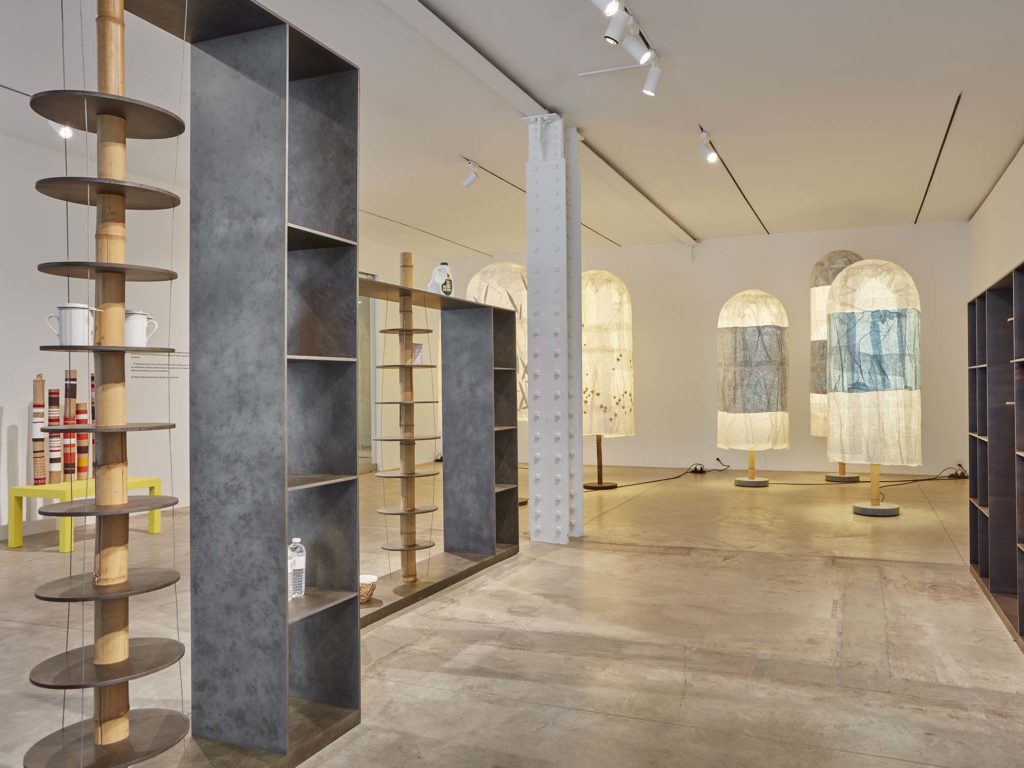
About Andrea Branzi
Born in Florence in 1938, Branzi studied architecture at the Florence School of Architecture, receiving his degree in 1966. From 1964 to 1974, he was a founding member of the experimental group Archizoom, which envisioned the groundbreaking No-Stop-City among other projects. Branzi was a key member of Studio Alchimia, founded in 1976, and went on to associate with the Memphis Group in the early 1980s.
He distinguished himself as a co-founder of Domus Academy, the first international post-graduate school for design, and was a professor and chairman of the School of Interior Design at the Politecnico di Milano until 2009. Branzi is a three-time recipient of the Compasso d’Oro, honored for individual or group effort in 1979, 1987, and 1995. In 2008, Branzi was named an Honorary Royal Designer in the United Kingdom and he received an honorary degree from La Sapienza in Rome. That same year, his work was featured in an installation at the Fondation Cartier, Paris. In 2018, Branzi was the recipient of the prestigious Rolf Schock Prize in Visual Arts by the Swedish Royal Academy of Fine Arts.
Branzi’s works are held in the permanent collections of the Centre Pompidou, Paris; Israel Museum, Jerusalem; Museum of Fine Arts, Houston, TX; Museum of Modern Art, New York, NY, and Victoria & Albert Museum, London among others. He lives and works in Milan, Italy.
Watch Andrea Branzi’s three-part interview with design historian Dr. Catharine Rossi HERE.
